July 19, 2017
In Acts 17, the Apostle Paul was troubled by the idols he saw all over the city of Athens. He talked to others about this, in the synagogue and out in the public square. He debated some philosophers and in time was invited to speak to the high council of the city. As he stood before this influential group, he started with an answer to a question they seemed to have settled: “I know your Unknown God.”
An altar to an Unknown God existing in Athens. Hmmm. They had tried to know him before, perhaps even looked to him for help. It seems the idol titled Unknown God and placed in a shrine was the best way they knew to honor this supernatural being.
With boldness and respect, Paul began giving clues to the men of Athens that caught many of them off guard. Having contented themselves with making a god of Unknown, they were challenged to be detectives and consider another possibility; you can know the Unknown God. These were some of the clues:
- He doesn’t live in manmade temples, like the shrines you have made. He is Lord of heaven and earth (verse 24). Meaning? You won’t contain Him in just one place.
- He doesn’t have any needs you can serve, like offering food or drink to idols in shrines. It’s the opposite. You have needs that only He satisfies (verse 25). Meaning? Your needs are more than you have ever considered.
- You don’t determine the strength and size of your nation. He does (verse 26). Meaning? He determines your greatness as a country by a different measure than you. Your place in the world is in His hands.
- You don’t decide how God accepts you, whether sacrifice, good works or something else. He has His own way for you to be acceptable to Him (v 30-31). Meaning? His commands override our human efforts.
The Athenians wanted to discuss the philosophical issues of life, and Paul did it in their style. But when Paul reached the point of putting the clues together, many laughed at his simple conclusion: knowing God was possible only by repentance of sins and turning to the Resurrected One who Is the final judgment (verse 31-32). The discussion ended, but some did believe and become Christ followers (verse 33-34).
This answer/clue seeking has happened throughout world history. Countries in the Mediterranean are littered with the ruins of grand human answers to be acceptable to God, including the Aeropagus where Paul gave this speech. So many times, people have not known how to read the clues but they developed an answer because they were ripe to know. They needed a messenger, but none existed or they were ignored.
Today, people are still seeking answers and finding clues that often don’t make sense. Our global partners are in the business of reading clues in the local contexts, bringing the Unknown God into focus with those who are ripe to know.
Our world has many answers, God has far more clues. What clues do you see around you, in your neighborhood and community, that God wants you to point out and make Him known to others?
Til next week,
Dan


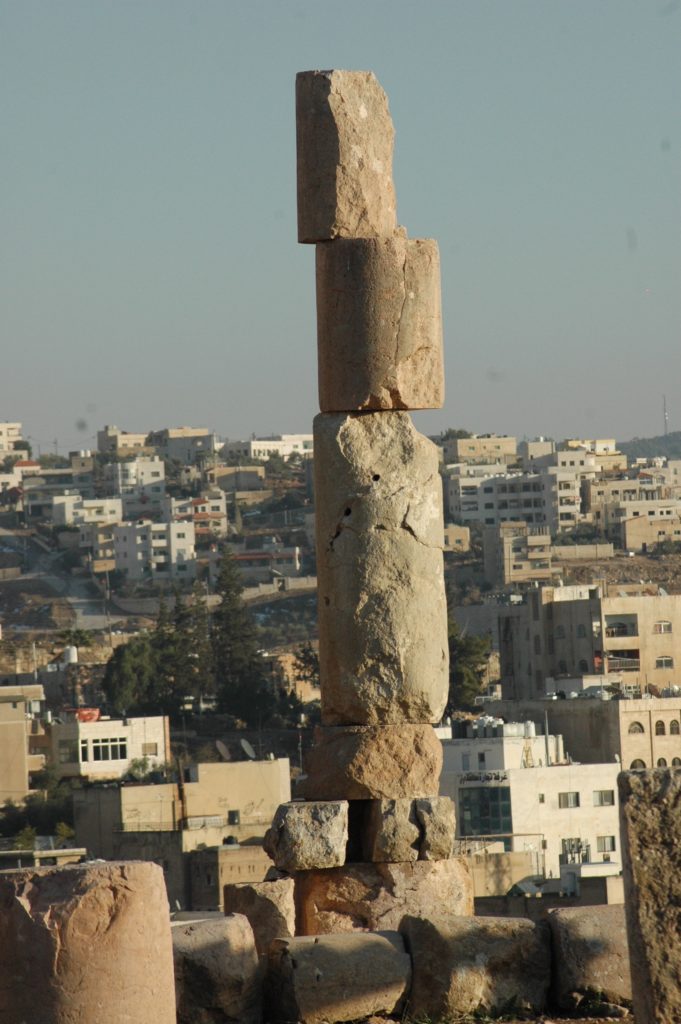
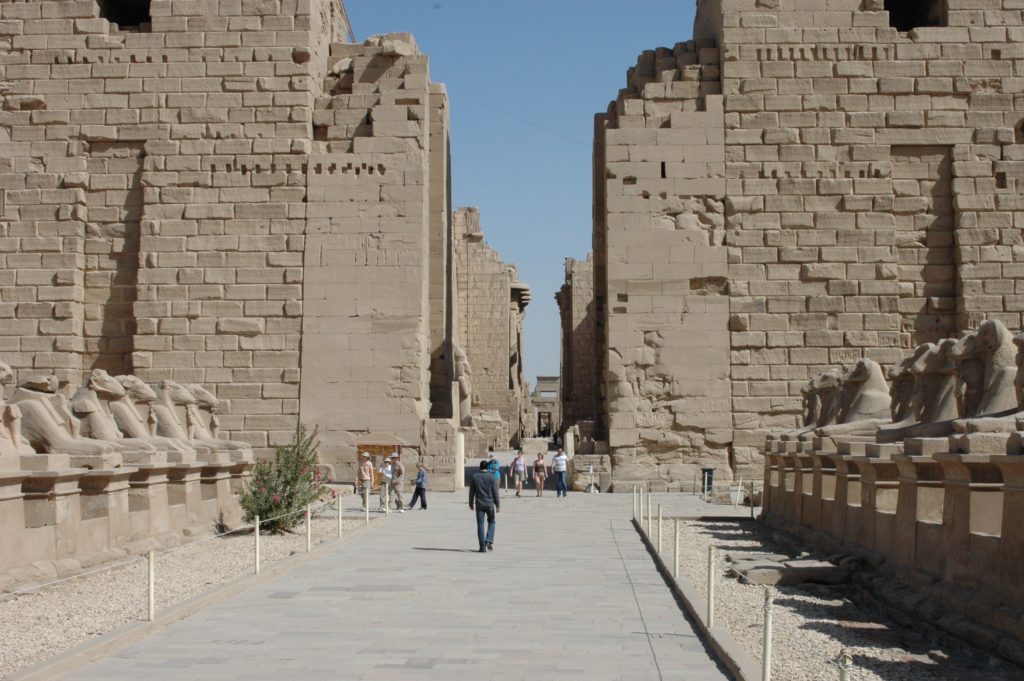
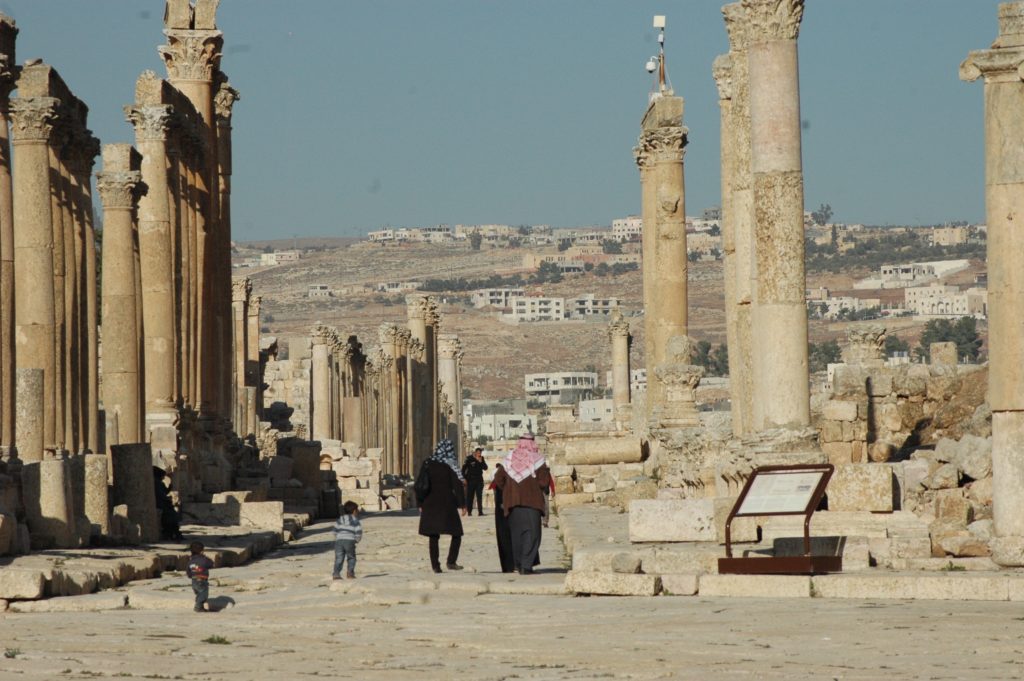
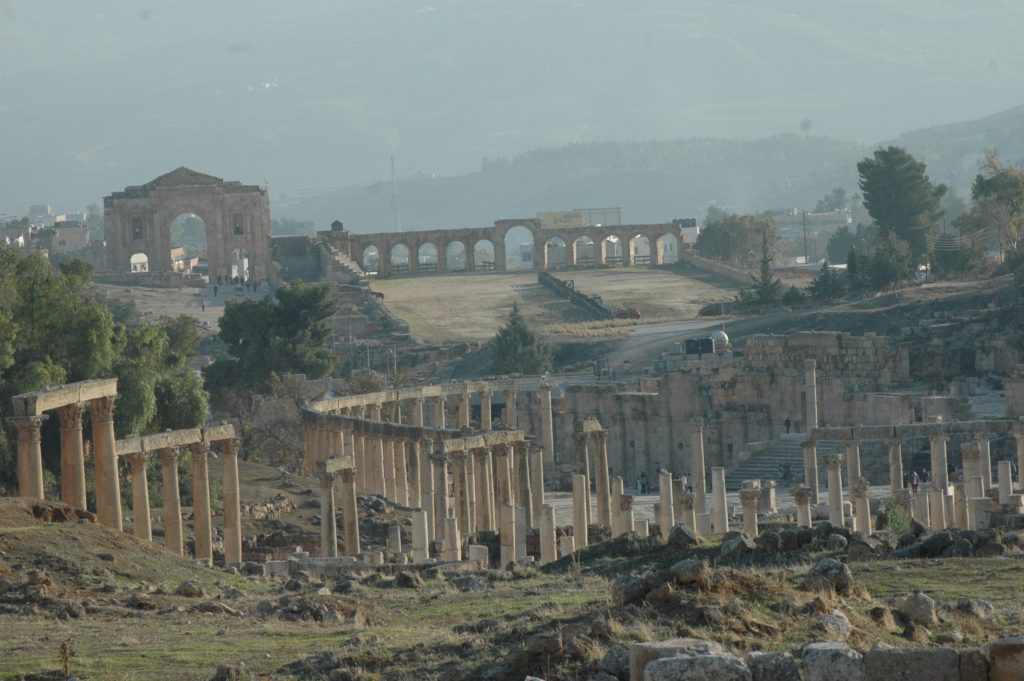
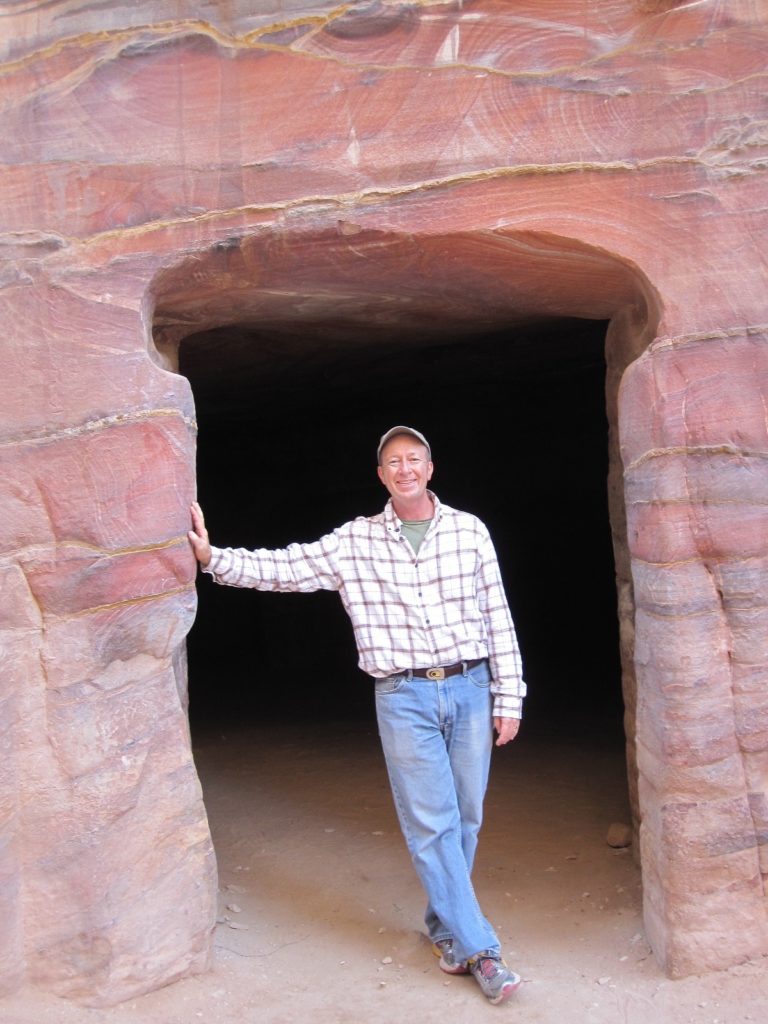
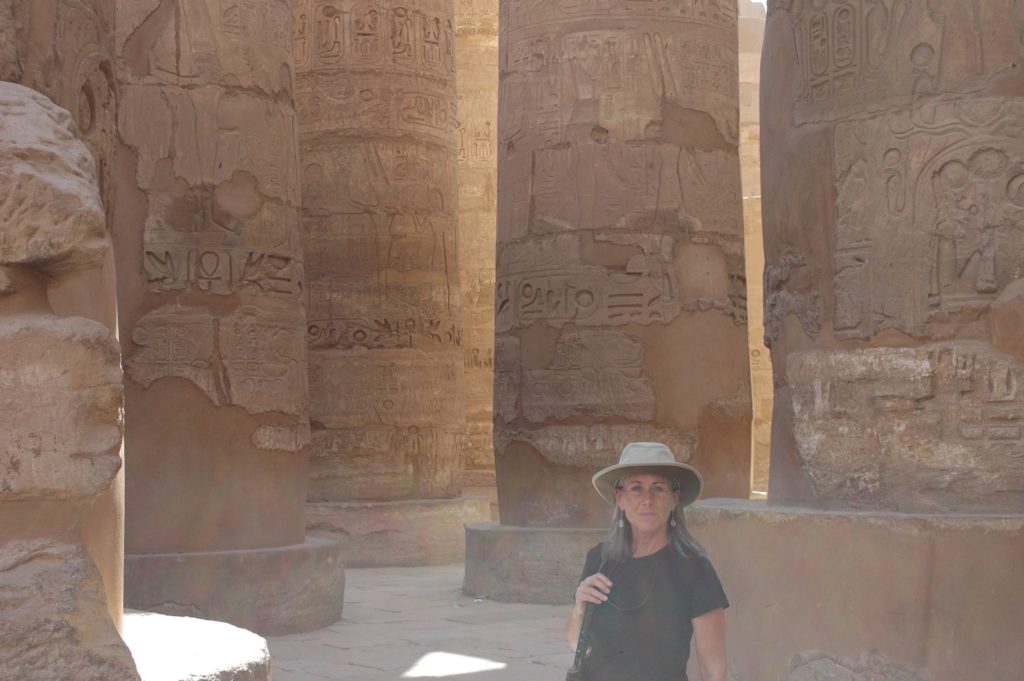






You won’t contain Him in just one place.
How true and relavant in this me centered world
Thanks for the reminders